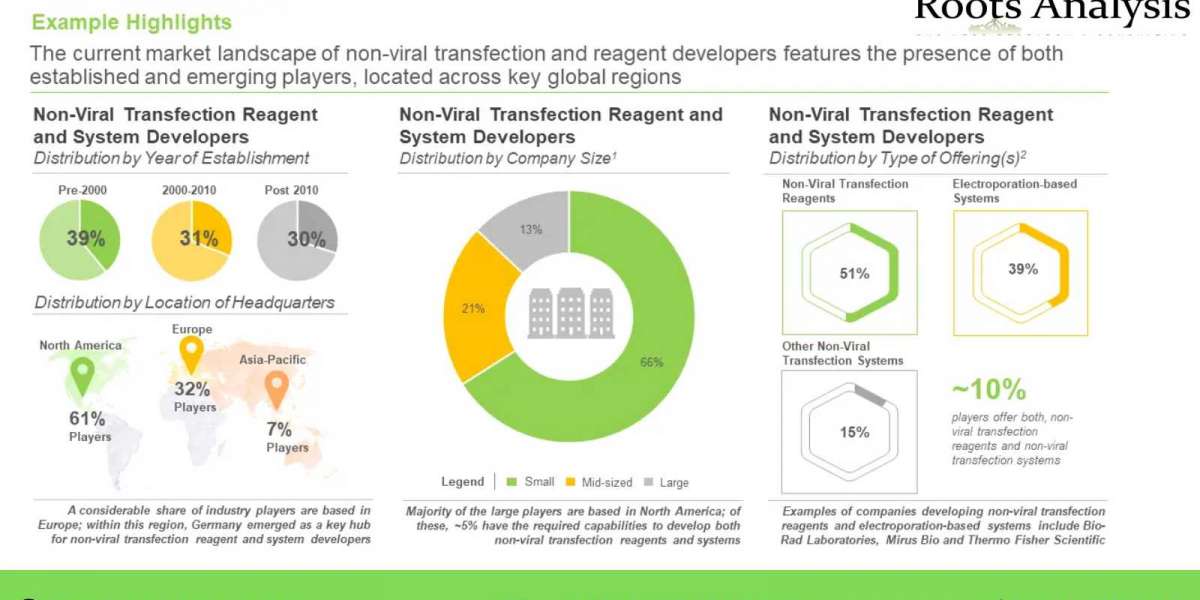Introduction
Network security architecture is vital in safeguarding an organization's digital assets from threats. It involves designing, implementing, and maintaining various security measures to protect the network infrastructure. Professionals often seek certifications that validate their expertise to excel in this field. One such certification is the NSE7_EFW-7.0, which focuses on Fortinet's network security solutions. This practice guide will explore the critical aspects of mastering network security architecture and how the NSE7_EFW-7.0 certification can help professionals enhance their skills and career prospects.
I. Understanding Network Security Architecture
1.1 Importance of Network Security Architecture
Network security architecture is a strategic approach to protect an organization's network infrastructure from unauthorized access, data breaches, and other cyber threats. It establishes a layered defense mechanism that ensures critical information's confidentiality, integrity, and availability. A robust network security architecture helps organizations build customer trust, protect sensitive data, and maintain regulatory compliance.
1.2 Components of Network Security Architecture
Network security architecture comprises various components that create a secure environment. These components include:
- Firewalls: Firewalls act as the first line of defense by filtering incoming and outgoing network traffic based on predetermined rules. They monitor and control traffic flow, preventing unauthorized access and potential threats.
- Intrusion Detection and Prevention Systems (IDPS): IDPS monitors network traffic, detects and mitigates potential threats, and prevents unauthorized access. It provides real-time alerts and helps administrators respond to security incidents promptly.
- Virtual Private Networks (VPNs): VPNs create secure, encrypted tunnels over public networks, allowing remote users to securely access private networks. They ensure the confidentiality and integrity of data transmission, especially in scenarios involving remote workers or branch offices.
- Access Control Systems: Access control systems manage user authentication, authorization, and accounting. They enforce policies to ensure that only authorized individuals have access to specific network resources, reducing the risk of unauthorized access.
II. The NSE7_EFW-7.0 Certification
2.1 Overview of NSE7_EFW-7.0 Certification
The NSE7_EFW-7.0 certification is offered by Fortinet, a leading provider of network security solutions. It is designed for professionals who want to validate their skills in designing, implementing, and managing Fortinet's network security architecture. This certification covers advanced topics related to Fortinet's FortiGate Next-Generation Firewalls (NGFW) and focuses on securing networks against modern cyber threats.
2.2 Benefits of NSE7_EFW-7.0 Certification
Obtaining the NSE7_EFW-7.0 certification offers several benefits for network security professionals, including:
- Enhanced Knowledge: The certification provides in-depth knowledge of Fortinet's network security solutions, enabling professionals to design and implement robust security architectures.
- Industry Recognition: NSE7_EFW-7.0 is recognized globally as a benchmark for network security expertise. Holding this certification enhances professional credibility and opens up new career opportunities.
- Improved Job Performance: The certification equips professionals with the skills to secure network infrastructures effectively. This leads to improved job performance and the ability to mitigate emerging security threats.
- Career Advancement: NSE7_EFW-7.0 certification demonstrates a commitment to professional development, making individuals more competitive in the job market. It can lead to promotions, salary increments, and career advancement within network security.
III. Mastering Network Security Architecture with NSE7_EFW-7.0
3.1 Exam Objectives
To master network security architecture with the NSE7_EFW-7.0 certification, candidates must comprehensively understand the exam objectives. These objectives include:
- Designing and implementing complex security policies on Fortinet FortiGate firewalls.
- Analyzing firewall logs and utilizing appropriate troubleshooting techniques.
- Understanding advanced security features of FortiGate firewalls, such as virtual domains, high availability, and clustering.
- Integrating FortiGate firewalls with other network security solutions for comprehensive protection.
3.2 Recommended Study Materials
To prepare for the NSE7_EFW-7.0 certification, candidates can utilize various study materials, including:
- Official Documentation: Fortinet provides comprehensive product documentation, including FortiGate firewalls. These resources cover installation, configuration, and advanced security features, serving as valuable reference materials.
- Training Courses: Fortinet offers courses designed to prepare candidates for the NSE7_EFW-7.0 certification. These courses provide hands-on experience and practical knowledge, helping candidates better understand network security architecture.
- Practice Exams: Practice exams simulate the actual certification exam environment and help candidates assess their knowledge and readiness. They highlight areas that require further study and familiarize candidates with the exam format and question types.
Click Here...... https://www.braindumps4it.com/dumps-nse-7-network-security-architect.html
IV. Practical Implementation of Network Security Architecture
4.1 Designing a Secure Network Architecture
To implement an effective network security architecture, professionals need to follow a systematic approach, which includes the following:
- Assessing Risks: Identify potential threats, vulnerabilities, and risks specific to the organization. This assessment forms the foundation for designing appropriate security measures.
- Defining Security Policies: Establish comprehensive security policies that define access controls, encryption requirements, incident response procedures, and other relevant guidelines.
- Network Segmentation: Divide the network into distinct segments using firewalls, VLANs, or other network segmentation techniques. This isolates sensitive systems and reduces the impact of a security breach.
- Security Monitoring: Implement security monitoring tools and techniques to promptly detect and respond to security incidents. This includes intrusion detection systems, log analysis and threat intelligence feeds.
4.2 Leveraging Fortinet's Network Security Solutions
Fortinet's network security solutions, particularly FortiGate firewalls, provide a robust foundation for implementing network security architecture. Some key features and capabilities include:
- Unified Threat Management: FortiGate firewalls offer comprehensive protection against various threats, including malware, intrusions, and denial-of-service attacks.
- SSL Inspection: SSL inspection capabilities allow the inspection and filtering of encrypted traffic, ensuring that threats are not hidden within encrypted communication.
- FortiGuard Services: Fortinet's FortiGuard services provide real-time threat intelligence, updates, and security subscriptions to protect against the latest threats.
- Security Fabric Integration: Fortinet's Security Fabric enables seamless integration of FortiGate firewalls with other security solutions, such as FortiManager, FortiAnalyzer, and FortiSandbox, creating a unified and cohesive security architecture.
Conclusion
Mastering network security architecture is crucial for organizations to protect their networks from evolving cyber threats. The NSE7_EFW-7.0 certification serves as a valuable validation of expertise in designing and implementing secure network architectures using Fortinet's network security solutions. By understanding the critical components of network security architecture, leveraging the benefits of the NSE7_EFW-7.0 certification, and implementing practical security measures, professionals can enhance their skills and contribute to building robust network security infrastructures.
Visit Here........ https://www.braindumps4it.com/fortinet-questions.html



